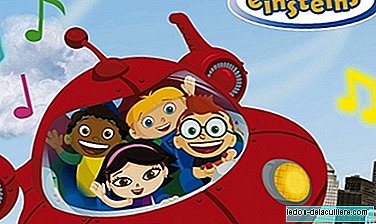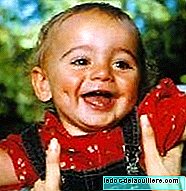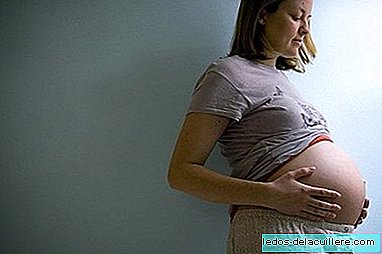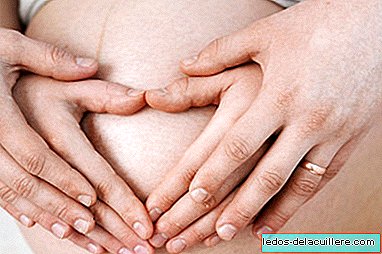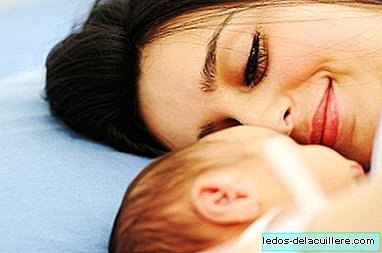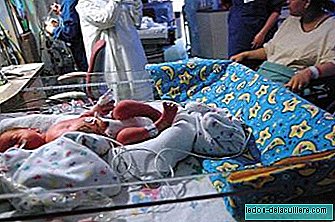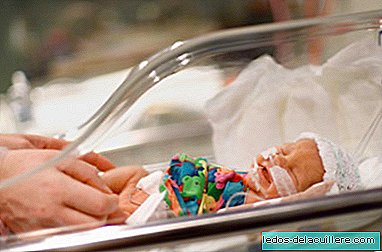
Music therapy is understood as the use of music for therapeutic purposes, for the treatment or rehabilitation of physical and mental problems. It is a therapy that has been applied to babies and sick children on multiple occasions. According to many studies, music therapy helps the premature child feel protected, safe and strong, although it is not, for the moment, a confirmed issue.
There is research that has found that babies who listen to a particular music receive significant benefits in the variables of heart rate, behavior, oxygen saturation, suction / feeding capacity and the length of hospital stay.
In a recent review it was seen that the intentional therapeutic use of sounds and lullabies applied live by a certified music therapist can positively influence the cardiac and respiratory function of infants.
On the contrary, the results regarding weight gain, head circumference measurement, and systolic blood pressure are not as significant in most studies in this regard. And, as we have pointed out, there are doubts about the general benefits of music therapy (we have already commented on these same pages on an earlier occasion).
In the Manual for parents with premature children it is pointed out that music therapy is effective in improving the state of premature babies (in the section "Recent innovations in newborn care):
There is enough evidence about the beneficial effects of music: it induces relaxation, creates a sense of well-being and facilitates the rhythm of sleep. Music is an organized, white sound that surrounds the child and helps him calm down, communicates information and frequently reduces stress in newborns admitted.
They also point out that the choice of music is important, especially when used in fragile premature children. In these cases, it must be of gentle rhythm, rhythmic and fluid melodies with simple harmony. They would be particularly effective if they combine a female voice, in a low voice, with a simple orchestral format with 60-82 bars per minute (practically the heartbeat of an adult, monotonous and repetitive, without disruptions).
But, as we have indicated previously, other studies do not show evidence of the benefits of this practice (it must be said that there are very different studies, which take into account different variables, of different amplitude ...). In any case, as long as the status of this issue is clarified, it is considered that music therapy lacks risk for the baby and it is low cost, which according to many authors would justify its implementation in neonatal care units.
There are many aspects to take into account when caring for a premature baby, there are also different degrees and severity in the health status of children and maybe music therapy is not a "definitive solution". But the simple possibility that listening to a certain music calms babies and reduces their stress could justify its application.


